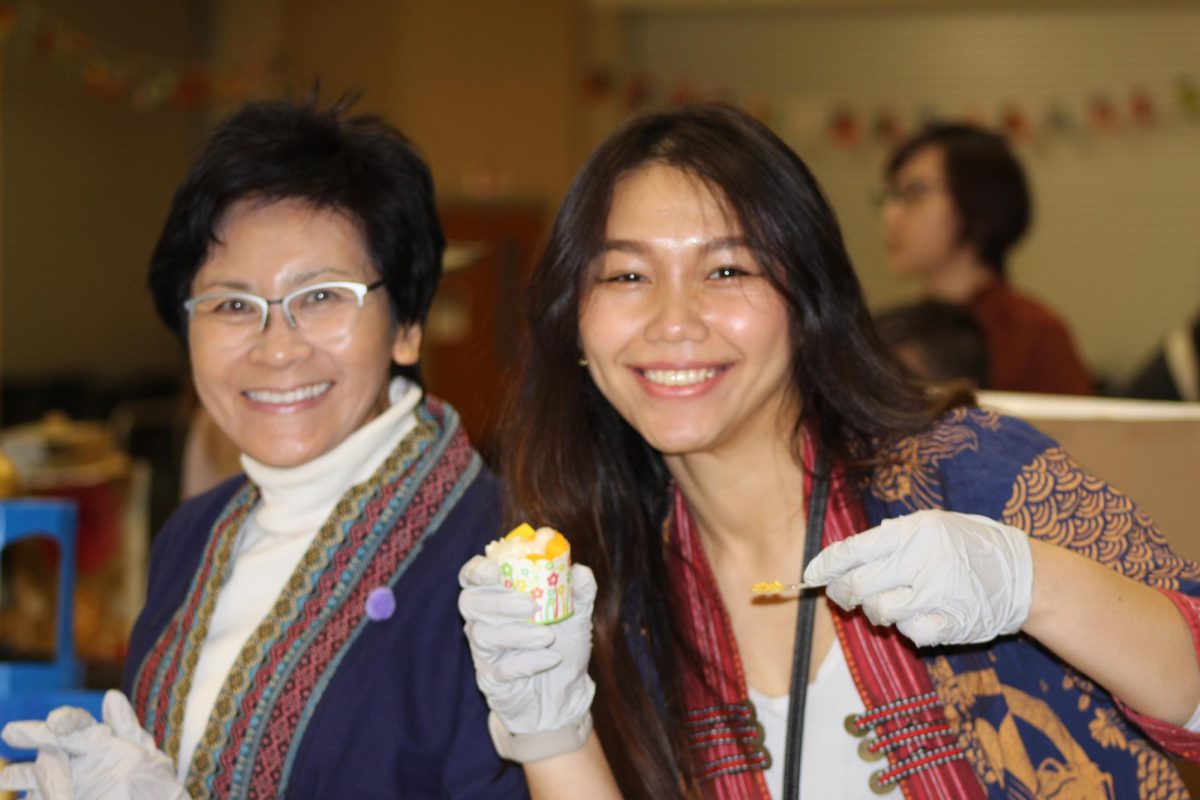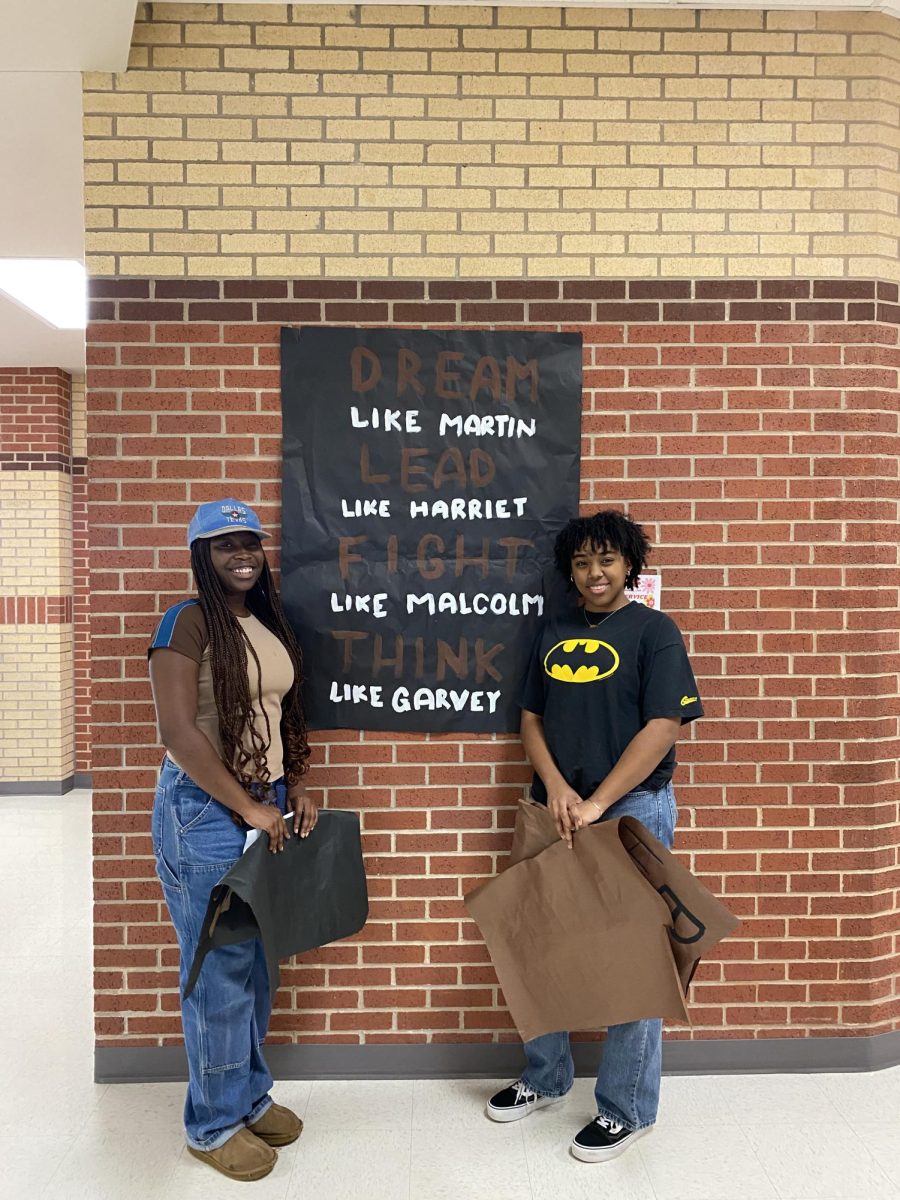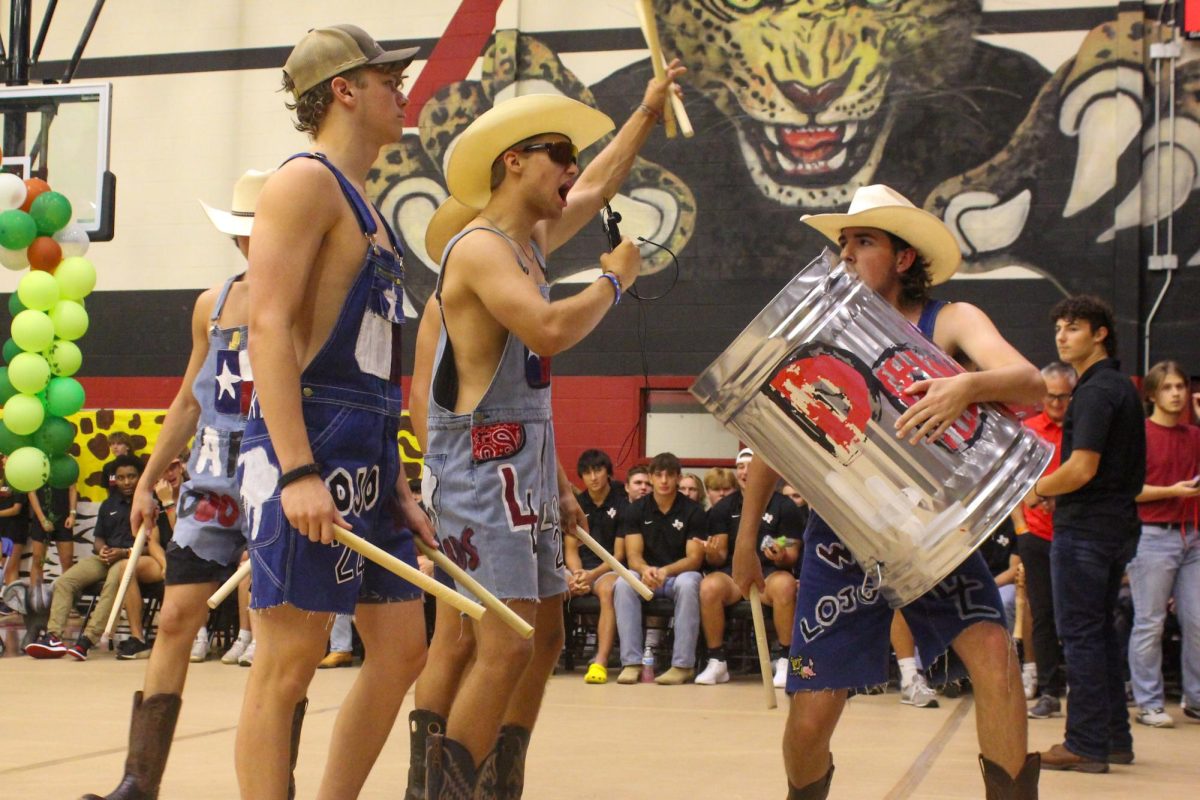Orchestra students will compete at the state competition on May 30 in Austin. Sophomores Alissa Chang on the violin, Aarathi Devakumar on the violin and Alex Simpkins on the cello and junior Emily Perry on the harp qualified to compete.
“To qualify, you as a solo performer or your ensemble have to perform a class one piece from memory and receive a division rating of one for your performance,” Perry said. “For context, their rating scale is from one to five with one being the best. Your score is based on multiple factors, such as tone, technique and the overall musicianship of the piece.”
Students first competed for a judge that scores them on a scale from one to four. Anyone who memorized a level one piece that scored a superior ranking qualified for state.
“Now, I and the other qualifiers will go compete at the state level,” Chang said. “We will play for a blind panel of judges in Austin at the UT campus and be scored on the same scale at a higher level.”
To prepare for the state qualifier competition, students practice their music while getting feedback from their instructors. Chang began to practice months in advance to perfect her solo.
“This means I’ve been practicing my piece in addition to exercise and etudes every day,” Chang said. “Typically, I wouldn’t prepare for a competition this far in advance, but this was a special case. I used this piece for a competition in January and will be using the same piece for my college portfolio this fall, so I’ve been practicing this piece for a long time.”
The students’ teachers, Jennifer Vanhook and Mary Winkler, have played a role in the students’ preparation.
“We helped the students prepare by assisting in the music selection process and being available to listen to them and give feedback on what they could do better,” Winkler said. “All students worked with their private lesson teachers and on their own to prepare for the Solo and Ensemble Contest. They also had 2 rehearsals with their piano accompanist prior to the event.”
This is the first time in three years that the competition will be held in-person. For the past few years, students had to record a video of themselves playing a piece.
“I have competed since I was a freshman and recorded music for state last year since it was online,” Perry said. “This year, we will play in front of a live panel of judges. State overall is similar to the qualifiers, but it is held to a much higher standard because there are many more people competing for spots to nationals. The specific type of music you chose also plays a role, with ‘easier’ pieces of music being less likely to make an impact on the judges. You must play the piece the way it was meant to be by the composer and time period and to play with emotion while consistently getting the notes and rhythms right.”






















